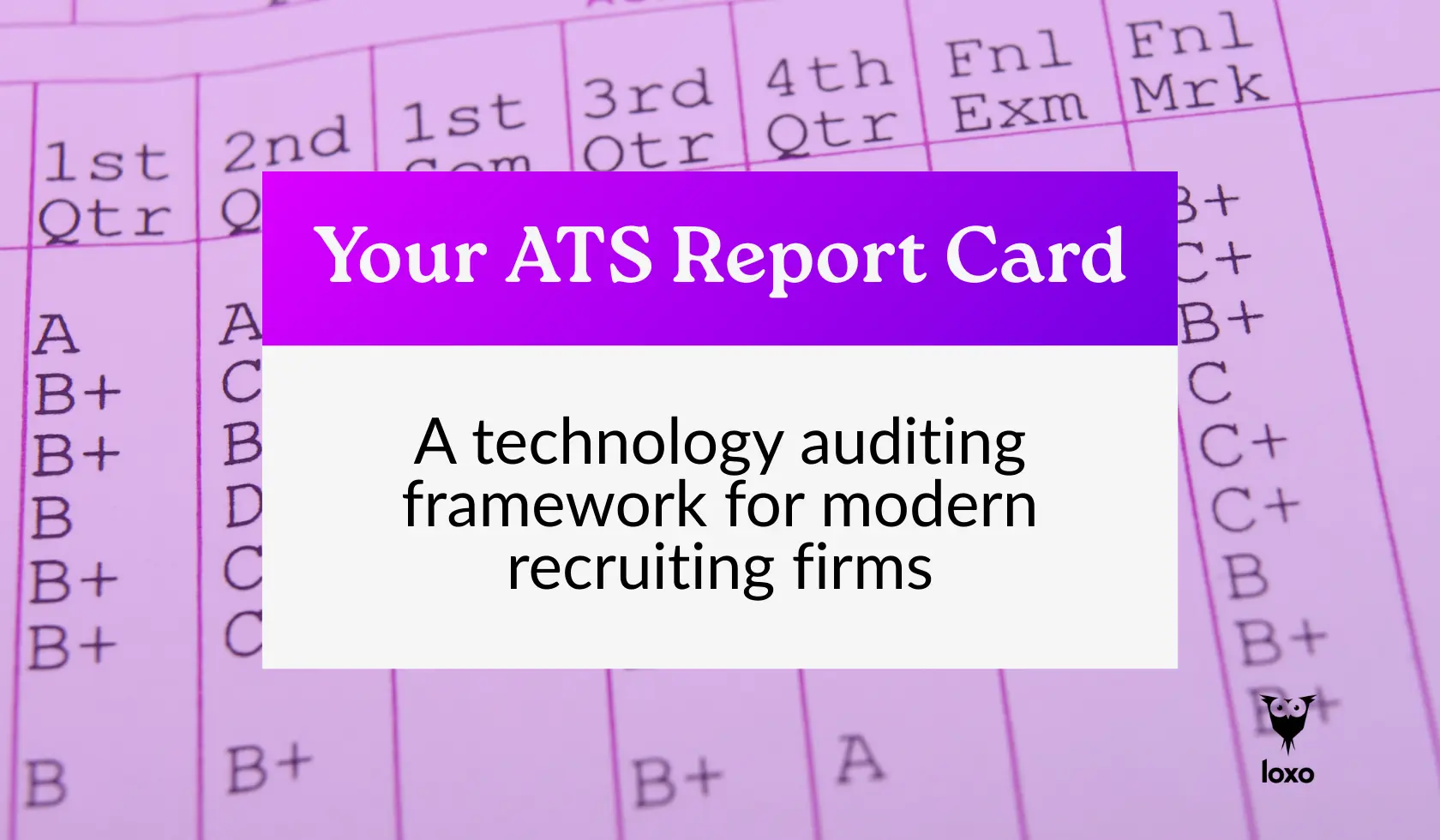In the words of the great modern philosopher DJ Khaled: ANOTHA ONE!
Predictive AI, Generative AI and now Agentic AI. AI Agents are the new kid on the block who are currently dominating the cultural conversation…and potentially radically transforming the way we hire and work.
The AI agent market is expected to grow from $5.1B to $47.1B by 2030 — and recruiters need to strategize now to position themselves well amidst these changes.
Last year, OpenAI’s CEO Sam Altman predicted that 2025 would be the year that AI agents would join the workforce — and it seems like we’re tracking for that to be true. His company just dropped Operator, an AI agent that can use its own browser to perform tasks for you — and it’s just one of many Agentic AI tools cropping up lately.
What even are AI agents?
They’re autonomous digital workers designed for specific roles. Not general AI chatbots or generative AI in the sense we’ve gotten familiar with — like ChatGPT or Gemini. These AI agents operate independently of user input — they’re given a task, and they complete it, with minimal human oversight. Kind of like…a junior-level human employee.
Examples of use cases:
- Conducting patient outreach in healthcare
- Qualifying sales leads
- Managing complex regulatory compliance in banking
- Salesforce’s Agentforce 2.0 - already being used by OpenTable, Saks, Wiley, and beyond
This shift is happening ESPECIALLY in industries that have faced or are expected to face staffing shortages in the coming years — healthcare, accounting, etc.
Things are changing rapidly…
Those who are plugged into this conversation may remember some uproar back in July of last year — when Sarah Franklin, CEO at Lattice, made an announcement:
“Today Lattice is making AI history. We will be the first to give digital workers official employee records in Lattice. Digital workers will be securely onboarded, trained, and assigned goals, performance metrics, appropriate systems access, and even a manager. Just as any person would be.”
Just three days later, after facing a ton of backlash and ridicule, they walked this back.
The backlash to this announcement demonstrates very real concerns that humans have around coexisting with AI colleagues: “Treating AI agents as employees disrespects the humanity of your real employees,” one detractor commented. “Worse, it implies that you view humans simply as "resources" to be optimized and measured against machines.”
The reality is that this train is in motion — and we’re facing some very tough existential questions that must be answered. And — for better or for worse — talent acquisition leaders will be at the frontlines of this new frontier.
This evolution brings both opportunities and challenges
The concept of AI employees, or “digital workers,'' is not an entirely comfortable one for most humans. And the inevitable uptick we’re going to see in these workers raises important questions about their integration, measurement, and impact on human jobs.
There IS NO PRECEDENT. We are setting it, right now, together.
Prepare now for these changes to get ahead of them and position yourself as a strategic advisor through this workforce shift.
What does it mean to hire an AI agent? How are they onboarded? How is their performance measured? What does this mean for human jobs? For the future jobs of our children?
What are the impacts we can expect?
Talent acquisition has always been very fluid and fluctuating — scaling to hiring needs as they ebb and flow.
AI agents may help make that more possible, but at what cost?
We begin to face some tough questions:
- How should human recruiter performance be measured?
- How will recruiters be evaluated on Quality of Hire when the hire is an AI agent?
- In short: how do we assess the performance of these AI agents?
- Which metrics and KPis become the most important? Are the standards different for AI agents and human recruiters?
- Whose responsibility are AI Agents? From a hiring perspective and a management one?
- Some would say “hiring” these agents falls under the umbrella/responsibility of Talent Acquisition teams — which would make adding a new component to your workflow critical: building relationships with AI agent providers.
Workforce planning also becomes more critical — and more complex. For instance: What are the ripple effects on internal mobility? Headcount planning becomes more nebulous — how many humans vs. how many AI agents?
Our advice for recruiters
- Refine and firm up your positioning against AI-only solutions.
- Incorporate AI into your workflow where it makes sense, apply strategic thought and leadership elsewhere — a Talent Intelligence Platform can help with this.
- Start to cultivate a POV regarding Agentic AI and how you would walk a client who is considering an AI hire through that decision. Becoming a strategic partner in this regard will become more and more of a competitive advantage as we see the rise of AI agents play out.
Become a hiring machine
Ready to see for yourself how Loxo can transform your recruitment workflow and make you more efficient than ever before? We thought you might be.

.webp)

.webp)
